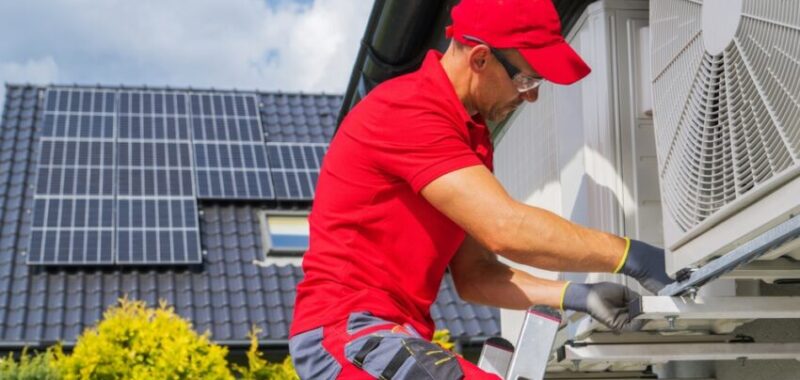The Confederation of British Industry (CBI) has urged Chancellor Rachel Reeves to introduce significant tax cuts for electric car, heat pump, and biofuel manufacturers to accelerate the UK’s path to net zero.
The business group is advocating for slashing the corporation tax rate for companies involved in these sectors to 10%, down from the current headline rate of 25%.
The CBI is also calling for a range of measures to support green investment, including a “green innovation credit” offering a 40% tax relief for companies investing in low carbon technology research and development, as well as an “enhanced green super-deduction” at a rate of at least 120% for businesses building factories for electric vehicles (EVs) and battery manufacturing.
Rain Newton-Smith, chief executive of the CBI, said these moves would solidify the UK as an attractive destination for investment in green technologies, despite the challenging economic environment. “The Budget can provide a tone-setting moment in the Government’s growth mission,” she said, adding that these measures would help foster growth while ensuring economic stability.
The CBI estimates that the proposed 10% corporation tax rate for green technology manufacturers would cost the Government £238 million annually, while the super-deduction would come with a £389 million price tag. Additionally, the CBI is pushing for the VAT on public EV charging to be reduced from 20% to 5%, costing the Treasury £33 million. It also advocates for removing VAT on home improvements like double-glazing to improve energy efficiency.
These proposals come alongside calls from the Institute for Public Policy Research (IPPR) for changes to borrowing rules, allowing the Government to increase public investment by focusing on the UK’s net worth rather than just its debt. According to the IPPR, this could provide £50 billion of additional borrowing headroom, which could be channelled into infrastructure, energy, and healthcare investments to boost productivity.
Carsten Jung, an economist at the IPPR, noted that the UK is stuck in a “low growth trap” due to decades of underinvestment. He said, “The new Labour Government has been elected on a platform to change this,” and urged the Chancellor to shift the focus toward long-term investment.
Ms Reeves has indicated that she may be open to revisiting the Government’s borrowing rules, with a view to fostering public and private investment in green technologies. Speaking to the Financial Times, she said: “I hope that at the Budget the OBR will look at not just the short-term impact of boosting capital investment but also the long-term impact and the catalytic impact of public sector investment crowding in private investment.”
These proposals reflect a growing call for the UK Government to provide the necessary fiscal and policy support to drive the transition to a low-carbon economy and meet its ambitious net zero targets.

